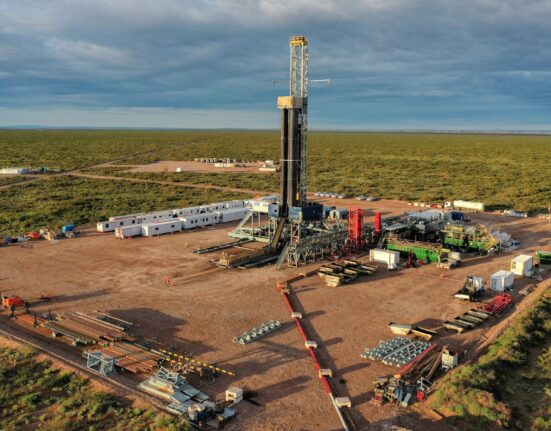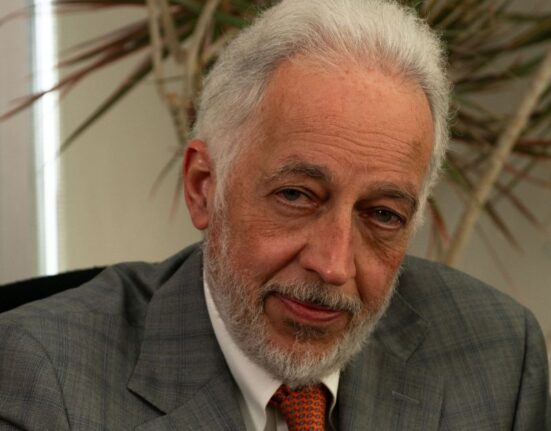President Trump is shaking things up again with his recent announcement of a 25% tariff on all imports from countries purchasing oil from Venezuela. The decision has sent shockwaves through the global market, leaving businesses and investors on edge as they await further details of this new tariff regime.
Rumors are swirling about the potential impact of these tariffs, which are set to take effect on April 2. Trump’s administration is planning a two-step approach that involves emergency duties and investigations into trading partners. This strategy aims to provide a legal basis for imposing reciprocal tariffs, adding layers of complexity to an already tense trade environment.
The latest twist in this saga came when President Trump dropped another bombshell by slapping a 25% levy on imports from any nation buying Venezuelan oil. For China, one of the largest importers of Venezuelan oil, this means facing a staggering 45% tariff. The move seems to be part of Trump’s broader economic agenda but could have unintended consequences.
One expert at Kpler noted that these actions could lead to an increase in oil prices—an outcome that contradicts President Trump’s goals. The news has already caused Brent crude prices to rise and raised concerns about how countries will react. Fernando Ferreira from Rapidan Energy Group warned that nations might opt to reduce their imports rather than risk incurring hefty tariffs across the board.
As tensions mount and uncertainties loom, it’s clear that the repercussions of these tariffs extend far beyond just economic considerations. Analysts predict that without clear exemptions outlined by the administration, most countries will likely play it safe and limit exports to the US—a move that could have ripple effects throughout global trade networks.
Meanwhile, whispers within Washington suggest a growing unease among officials over inadvertent disclosures related to military operations in Yemen—a misstep that experts believe may have breached US laws governing classified information sharing.
In parallel developments, concerns linger over America’s commitment to its allies under the nuclear Non-Proliferation Treaty amid escalating geopolitical tensions around the world. Questions swirl about whether recent events could trigger unforeseen consequences such as sparking a new nuclear arms race.
On another front, stories emerge about deported Venezuelans who found themselves redirected unexpectedly to El Salvador instead of being returned home—a stark reminder of the human implications intertwined with political decisions.
Amidst all this turmoil, financial markets navigate choppy waters as Elon Musk’s Starlink venture experiences rapid growth while contending with shifting political dynamics tied to his association with President Trump.
Within legal circles, anxiety mounts as law firms brace for potential fallout following clashes with the White House—underscoring broader anxieties across industries navigating uncertain regulatory landscapes under current leadership.
As tensions simmer and uncertainties persist on multiple fronts—from trade disputes and geopolitical maneuvers to legal wrangling—it remains crucial for stakeholders worldwide to navigate these turbulent waters with caution and foresight.









Leave feedback about this